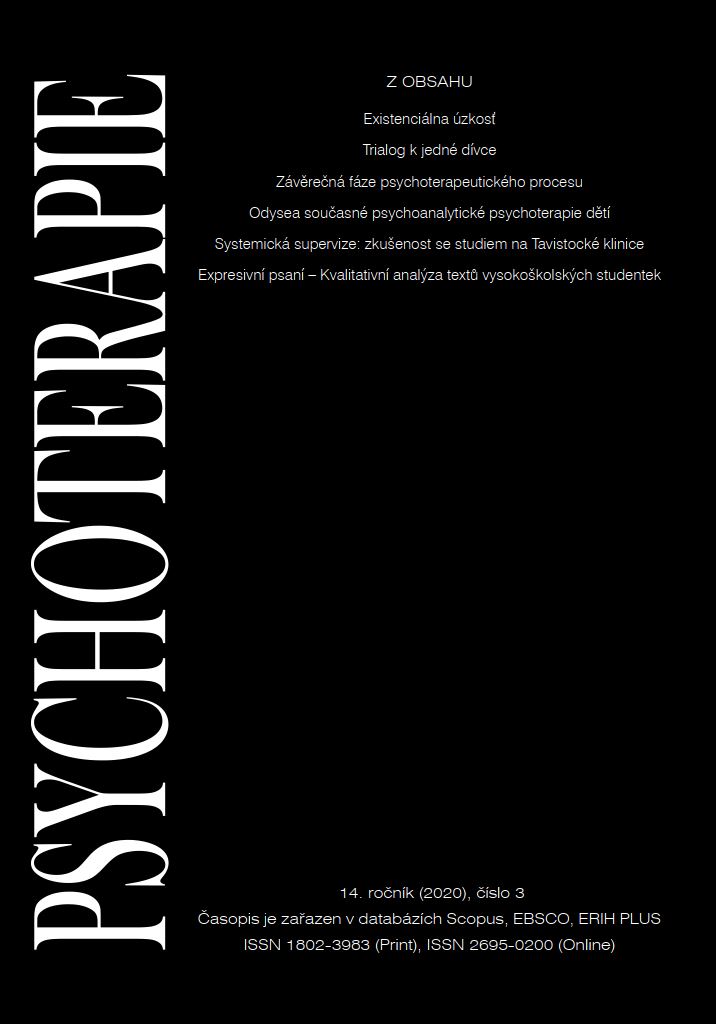Author(s): Akvilė Virbalienė,Aurelija Šiurienė,Remigijus Bubnys / Language(s): English
Issue: 9/2021
Research by psychologists in the late 1990s has shown that older people have significant needs that cannot be met by psychotherapy, social work or other areas of help, as older people face meaning, dignity, religion, love necessity, morality, death and other existential issues (Erichsen, Buessing, 2013). Most often, professionals working with the elderly have noticed a problem of loneliness caused by self-alienation and selfrejection (Moustakas, 2008). These experiences clearly illustrate the phenomenon of existential loneliness in the lives of the elderly. If the problem of existential loneliness is not solved, it causes psychosocial problems that turn into existential anxiety and cause a sense of meaninglessness, which Yalom (1980) identifies as one of the four existential “gifts” next to death, freedom, and isolation. Studies focusing on the loneliness of older people in the European context are rare. However, the existential needs and existential loneliness of the elderly are discussed instead by Edberg & Bolmsjö (2019) and Sjöberg et al. (2019) . The aim of this study is to reveal a multidisciplinary perspective on the existential loneliness of elderly wives. A scientific analysis of the literature was performed. The method of this study was chosen to reveal the phenomenon of existential unity from a multidisciplinary perspective, revealing the holistic, existential nature of loneliness. Existential loneliness is associated with a social problem, the origins of which lie in diminished social skills and individual differences between the individuals. The loneliness of the elderly is closely linked to the value system of society and the spread of solidarity in society. From a sociological point of view, existential loneliness is treated as a multi-faceted construct related to the historical and cultural context of society and is therefore in a constant negative transformation within social groups. From the point of view of psychology, existential loneliness is related to the possibilities of a person’s development, deeper self-knowledge, discovery of creativity, on the other hand, existential loneliness has a negative connotation of sadness, helplessness, grief, meaninglessness, or suffering. In the philosophical-theological perspective of the perception of existential loneliness, two aspects emerge related to loneliness as an inevitable existential part of a person and isolation from oneself.
More...










